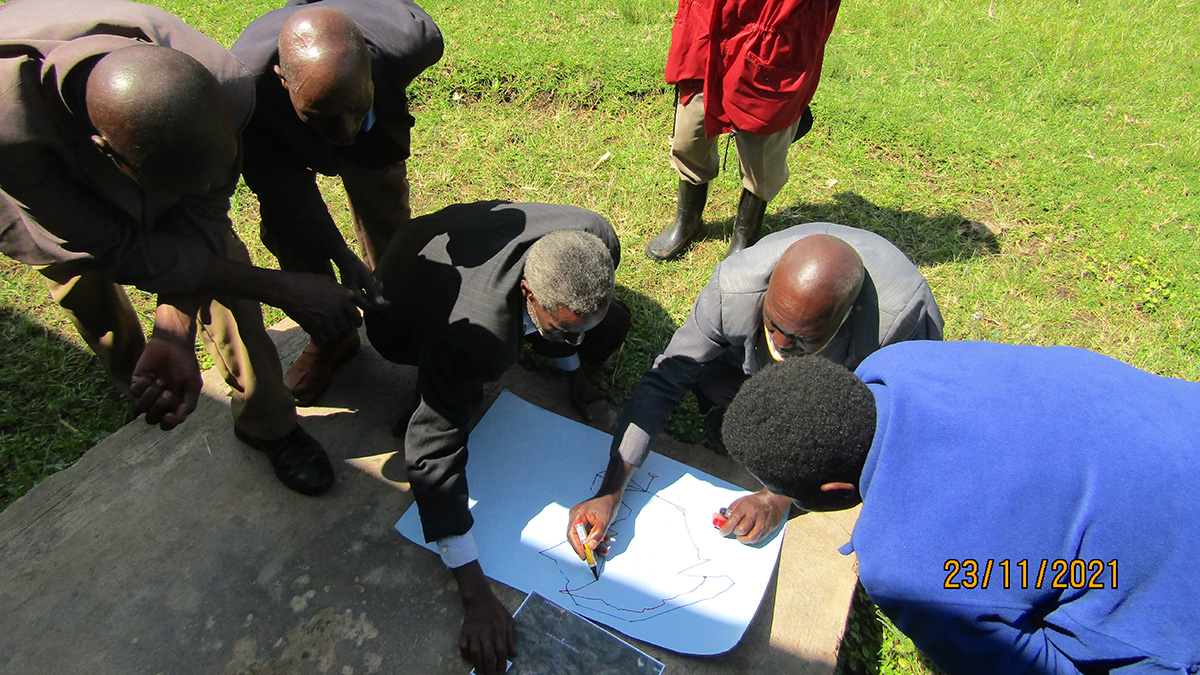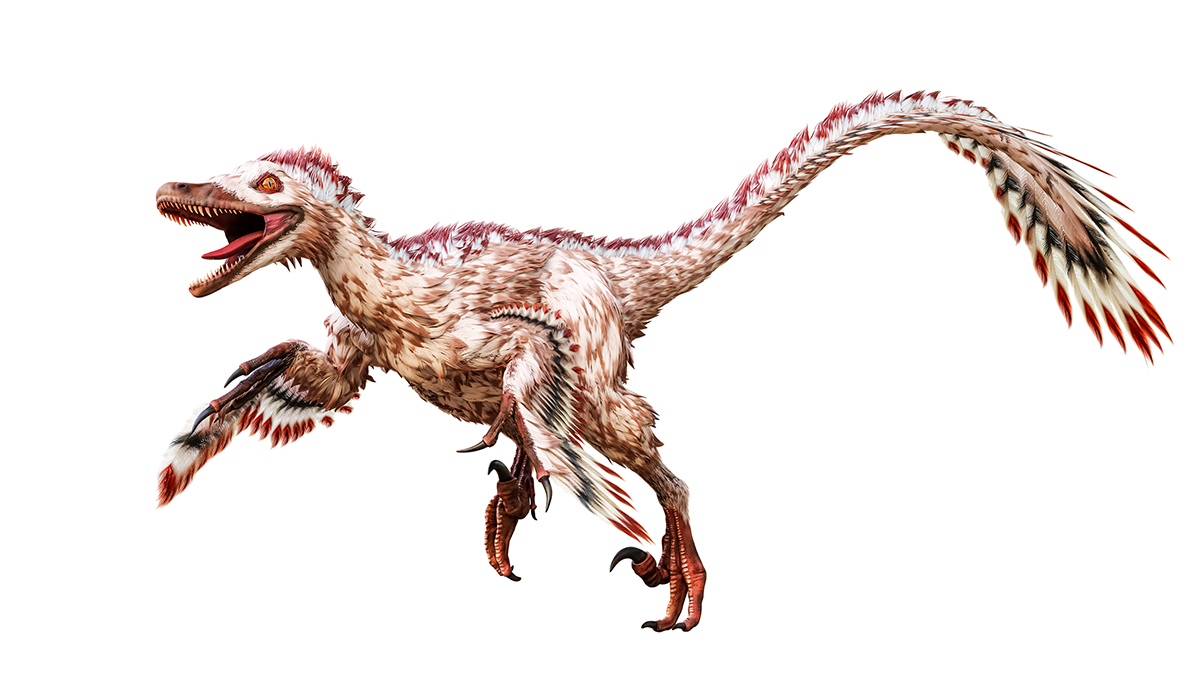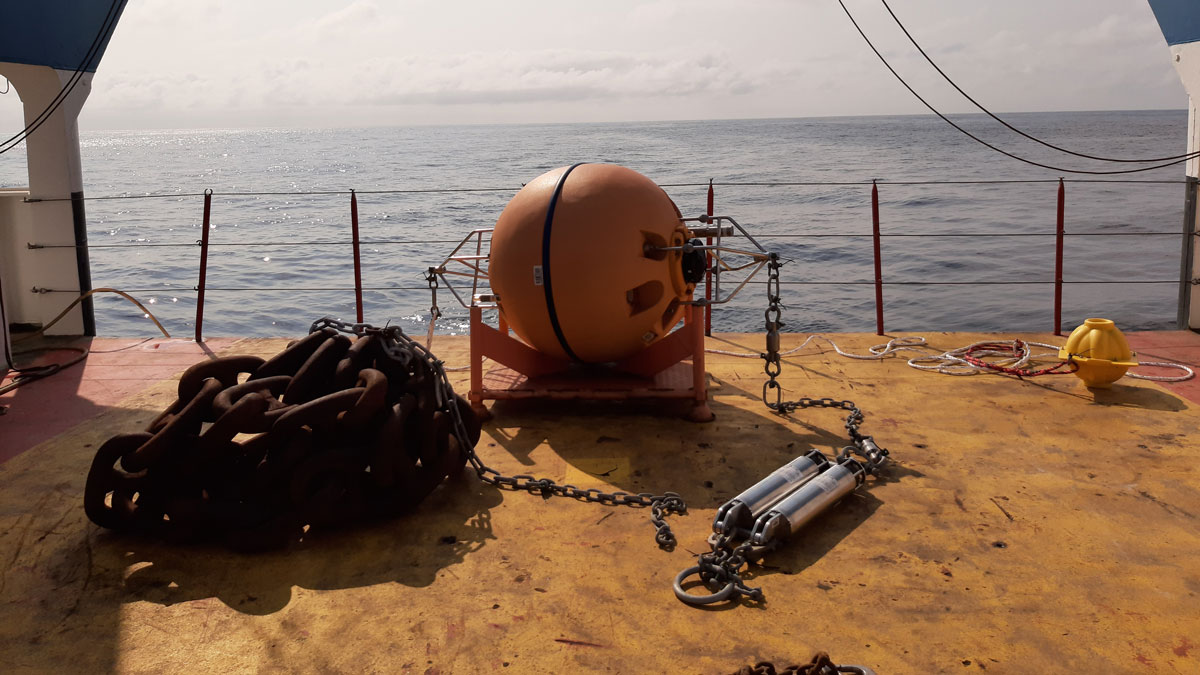Laboratory experiments show that earthquakes may have helped early life evolve in an oxygen-free world.
ENGAGE
Radiocarbon’s Blast from the Past
Radiocarbon dating is a cornerstone of climate and archaeological sciences. But the method is under threat as fossil fuel emissions negate a useful signal from atomic tests.
Proyecto de ciencia comunitaria ayuda a rastrear los riesgos geológicos en Uganda
Un proyecto comunitario en las tierras altas de Kigezi está ayudando a identificar puntos calientes de deslizamientos de tierra e inundaciones y cómo los peligros están evolucionando.
Neighborhood Strategies Inform Boston’s First Urban Forest Plan
The city prioritizes equity and inclusion as it incorporates tree coverage into climate resiliency efforts.
Volcanic Winters Ushered in the Jurassic Reign of the Dinosaurs
Sediment cores from northwestern China reveal freezing conditions during the Late Triassic killed off many forms of life—but not dinosaurs.
River Floods Can Trigger Powerful Underwater Landslides
A record-length turbidity current triggered by river flooding has revealed a new link between the surface and the deep sea.
Melting Sea Ice May Mean the End of Driftwood in Iceland
Driftwood floats thousands of kilometers from Siberia to Iceland, but it may drift no longer by 2060 due to climate change.
Caves Offer Temperate Hope for Future Moon Exploration
Large caves near the Moon’s equator maintain a temperate, stable daily temperature around 17°C.
Ninety Percent of the World’s Oil Slicks Are Caused by Humans, Not Nature
Researchers were surprised to find exactly how many oil slicks were due to human activity, highlighting the need for people to pay attention to runoff and leaks.
Community Scientists Recover Micrometeorites from Lake Michigan
A team of scientists, educators, and teenagers discovered the objects, some of which may have been delivered by a fireball that streaked across the sky in 2017.










